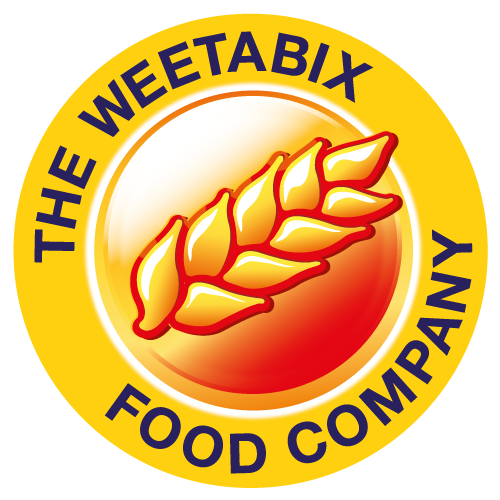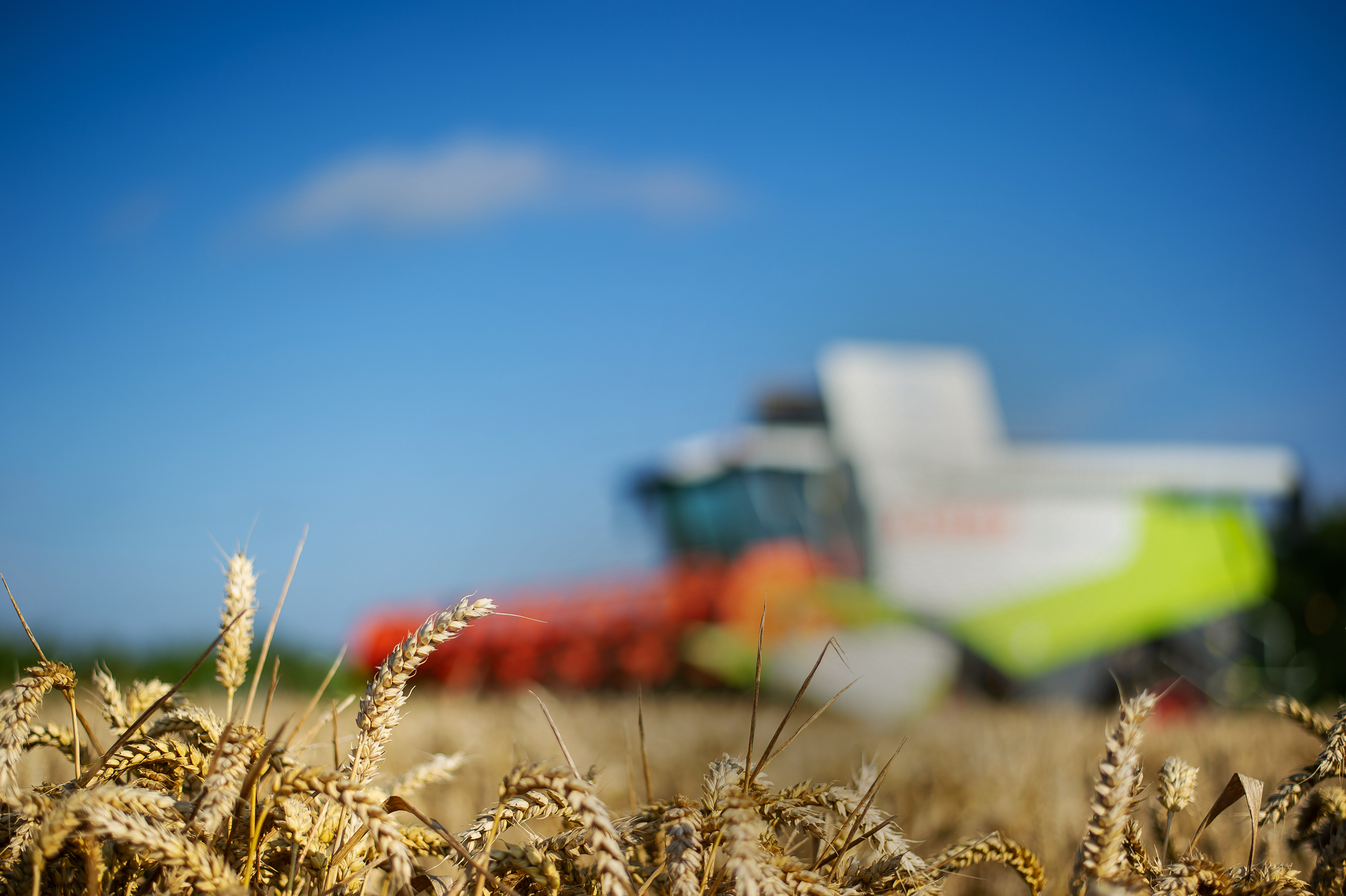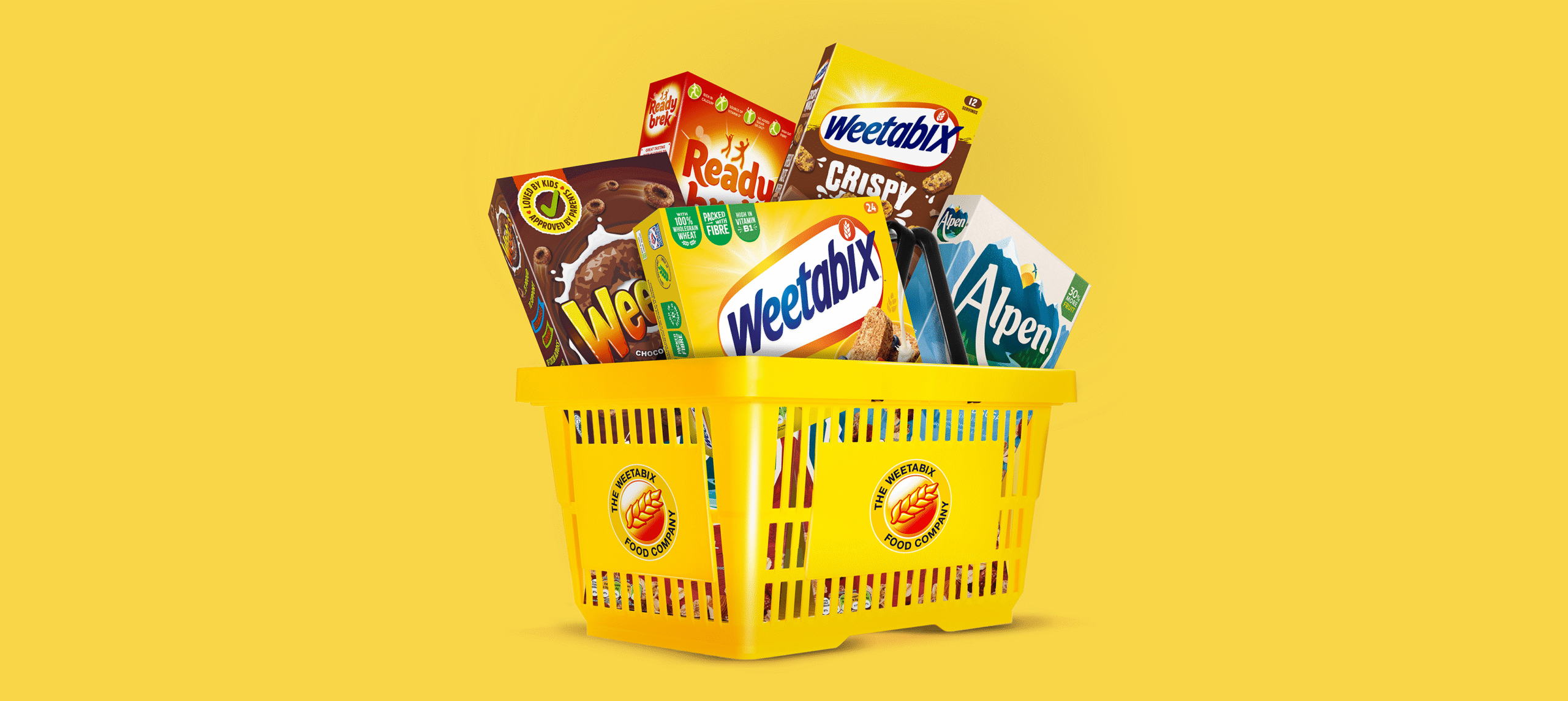Targeting 100% recyclability
The improvements we make to our packaging play an important role in helping us minimise waste, improve recyclability, and lower our overall carbon footprint.
While we previously met our 100% recyclable packaging target in 2023, new EU laws requiring a minimum of 30% recycled content in food packaging have affected the recyclability of our paper wrap. This also affects Alpen Inner Bags and Ready Brek sachets.
This has temporarily shifted our figure from 100% recyclable packaging by volume to 95.01%. We are already testing a new wrap with a reduced plastic coating and anticipate its introduction will bring us back on target, with a renewed commitment to return to 100% recyclable packaging by 2026. We are currently exploring new options to meet both regulatory and sustainability goals.



